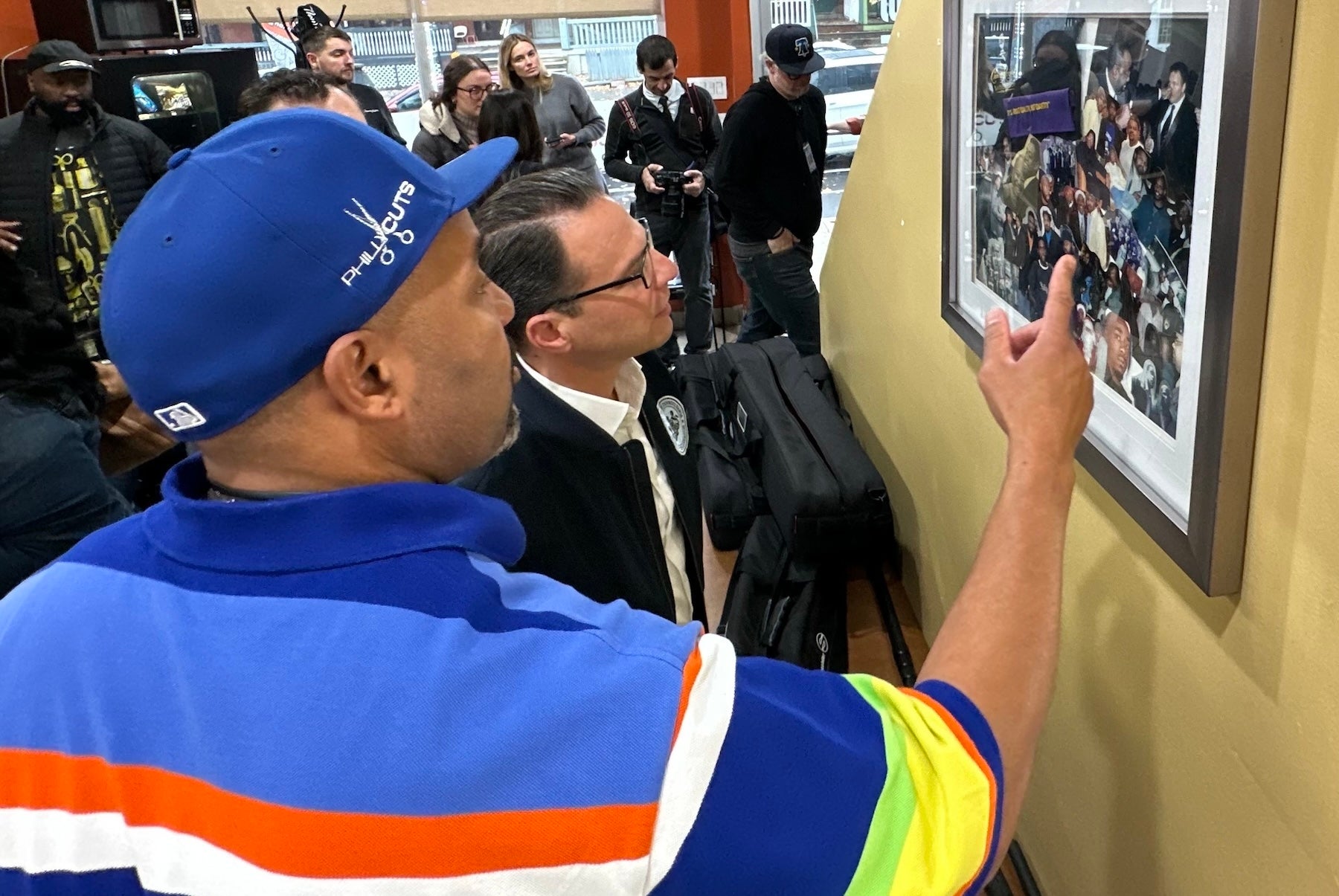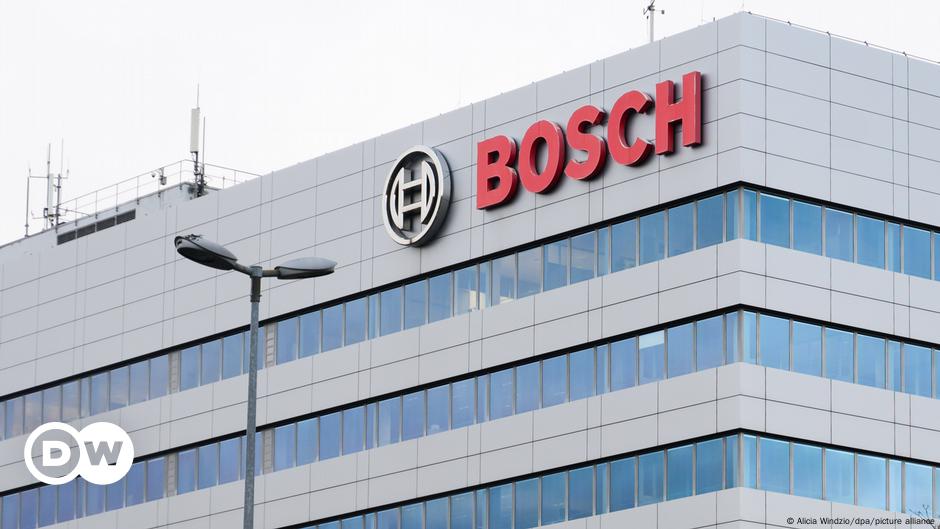U.K. Prime MInister Rishi Sunak took the British public by surprise last month when he announced a general election on July 4. Sunak was not under obligation to call an election until December 2024, so calling an election earlier than necessary while the Conservative Party had not been performing well in the polls was especially unexpected.
Now, it appears that some members of the Conservative Party and members of the Prime Minister’s security detail attempted to cash out on the surprise election date by placing gambling bets. If investigations reveal that officials did in fact use insider information to gain an advantage in betting markets, these members could be convicted of a criminal offense under section 42 of the Gambling Act. As of now, up to 15 members of the Conservative Party are reportedly being investigated by the Gambling Commission, the government body responsible for regulating gambling in the U.K., for placing bets around the election in possible violation of law.
“Currently the Commission is investigating the possibility of offences concerning the date of the election. This is an ongoing investigation, and the Commission cannot provide any further details at this time,” a spokesperson for the U.K.’s Gambling Commission said in an emailed statement to TIME on June 27. “We are not confirming or denying the identity of any individuals involved in this investigation.”
TIME has reached out to the Conservative Party for further comment.
May 19: Craig Williams places a bet on the U.K.’s election date
Craig Williams, Conservative parliamentary candidate who was at that point also the Parliamentary Private Secretary to the Prime Minister, placed a $126 (£100) bet with the bookmaker Ladbrokes that the Conservative Party would hold an election in July. This bet is automatically flagged by Ladbrokes due to Williams’ role in politics, and is subsequently referred to the Gambling Commission. Williams will later admit to his actions.
May 22: Rishi Sunak announces the date of the U.K.’s general election
Prime Minister Sunak announces that the country will hold a general election on July 4, 2024, surprising many pundits.
June 12: The Guardian reveals Williams’ bet to the public
The Guardian reveals to the public that Williams placed a 5/1 odds bet that the election would be called in July. This means that his $126 (£100) bet would have resulted in a payout of $633 (£500). Williams admits to placing the bet and apologizes. “I clearly made a huge error of judgment that’s for sure and I apologize,” he is quoted as telling the BBC the following day. Sunak declines to answer as to whether or not Williams had insider knowledge of the election date.
June 14: Gambling Commission Contacts Metropolitan Police about another betting incident
The Gambling Commission contacts the Metropolitan Police, which is responsible for law enforcement in the Greater London area. This time, the investigation revolves around a police officer assigned as a bodyguard to the Prime Minister. The police officer is initially suspended, and later arrested.
June 19: The BBC reveals that Conservative Party’s director of campaigning, Tony Lee, is also being investigated by the Gambling Commission
Tony Lee, the director of campaigning for the Conservative Party, who is also married to Conservative MP [Member of Parliament] Laura Saunders, is revealed to be under investigation by the Gambling Commission, per the BBC. He reportedly took a leave of absence from his role the following day. TIME has reached out to Lee for further comment.
June 22: The Sunday Times reveals that the Conservative Party’s chief data officer is also under investigation
Nick Mason, the chief data officer of the Conservative Party, is also revealed to be under investigation by the Gambling Commission for placing dozens of bets on the timing of the U.K.’s election, The Sunday Times reports. This makes him the fourth member of the Conservative Party to be caught up in the betting scandal.
June 24: Rishi Sunak says he is “not aware” of any other Conservatives linked to the betting scandal
Sunak confirms that the Conservative Party is carrying out internal inquiries, in addition to the investigations by the Gambling Commission. Sunak tells the BBC that he is “not aware” of any additional Conservative candidates standing for election that are being investigated by the Gambling Commission. However, the BBC reports that, by its understanding, the inquiries involve more people than those whose names have been shared with the public thus far.

June 25: Conservative Party Withdraws Support for Craig Williams and Laura Saunders. Labour Candidate Kevin Craig suspended for betting against himself
The Conservative Party withdraws support for Williams and Saunders, the first MPs to be linked to the scandal. Another parliamentary candidate, Kevin Craig, who was running for the Labour Party, is also suspended after it is revealed that he placed a bet against himself.
“A few weeks ago when I thought I would never win this seat I put a bet on the Tories to win here with the intention of giving any winnings to local charities,” Craig wrote in a post on X (formerly Twitter). “While I did not place this bet with any prior knowledge of the outcome, this was a huge mistake, for which I apologise unreservedly.”
The BBC also reports that up to 15 Conservative Party candidates are being investigated by the Gambling Commission
June 26: Labour Leader Keir Starmer confronts Rishi Sunak about the election betting scandal during a televised debate
On June 26, the night of the second general election debate between Labour Party leader Keir Starmer and Sunak, both candidates were asked about their respective party leadership amidst the scandal.
“I was… furious when I learned about these allegations. That’s why alongside the Gambling Commission we initiated our own internal inquiries into what had happened and as a result of that have suspended two candidates,” Sunak said on TV.
Starmer, however, accused the Prime Minister and the Conservative party of having weak ethical norms, referencing Sunak’s own violation of Covid lockdown rules, which he paid a fine for. “He could have taken action last week or the week before, but he eventually got around to it when he was bullied by other people into doing it, that’s not leadership” Starmer said. “When you get convicted for breaking the Covid rules which you imposed on the rest of the country, you really shouldn’t be talking about integrity in politics.”
June 26: Met Police confirms it “will lead on investigating a small number of cases” in relation to the betting scandal
The Metropolitan Police says that it will take the lead on an investigation of a “small number of bets” related to the general election. So far, it says that seven police officers have been identified as placing bets on the timing of the election. They will be working in coordination with the Gambling Commission, which is expected to take the lead on the majority of investigations related to Section 42 of the Gambling Act of 2005. The Metropolitan Police will take the lead on investigations where additional offenses, such as misconduct in public office, may also apply.
TIME reached out to the Metropolitan Police on June 27 for further comment, and they directed us to their public statement.
“We have agreed a joint approach with the Gambling Commission, who are the appropriate authority to investigate the majority of these allegations,” Detective Superintendent Katherine Goodwin, who is leading the Met investigation, said in the statement. “There will, however, be a small number of cases where a broader criminal investigation by the police is required.”









